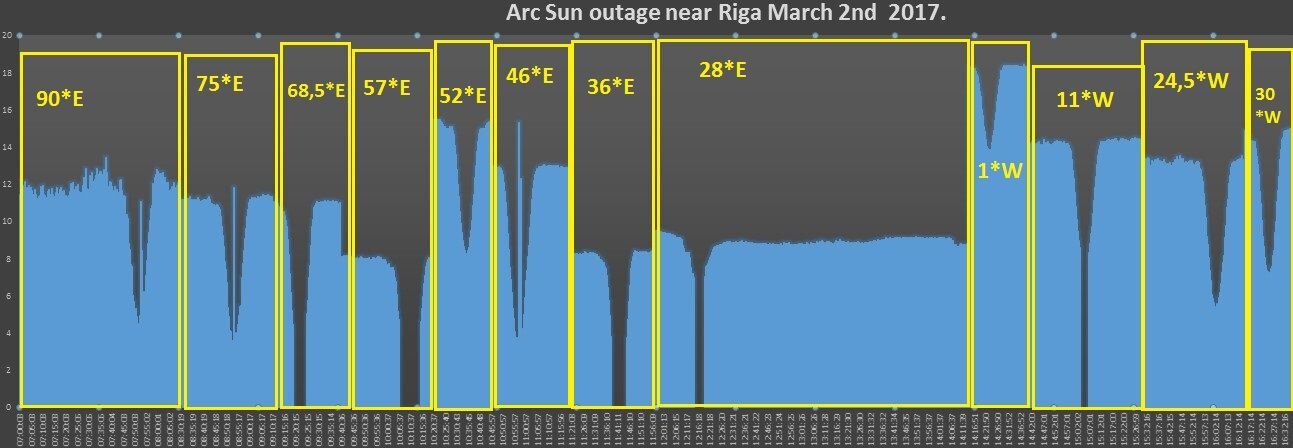When I had my Dish 500 originally installed in the mid-2000s around the Spring and Fall equinoxes there would be a temporary channel with a slate explaining what sun outages were and for a few days one would actually lose signal for a couple of minutes in the afternoon. I haven't noticed this with my new installation. Are the satellites that much more powerful or the technology better now than back then?
Just curious
Just curious



